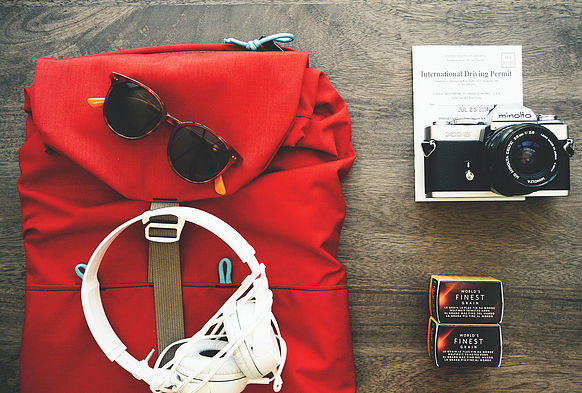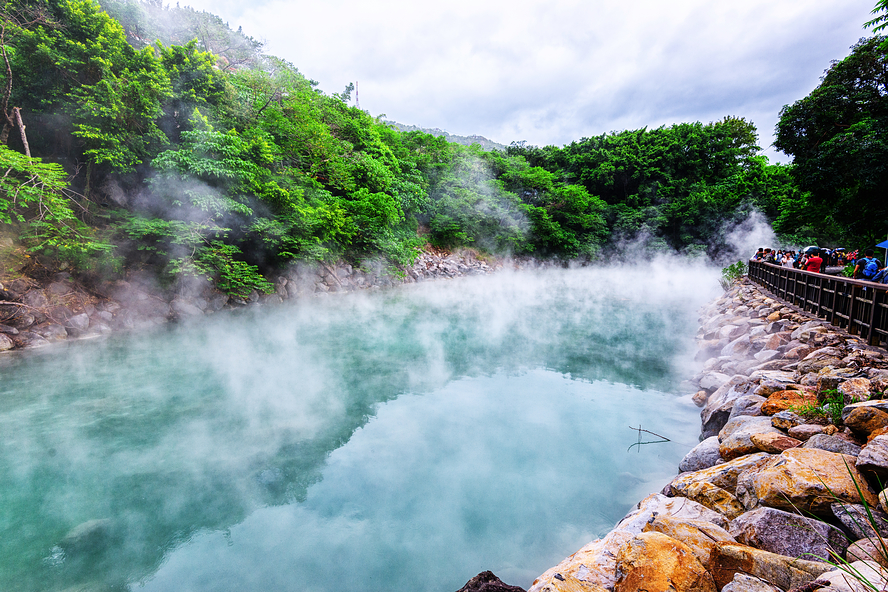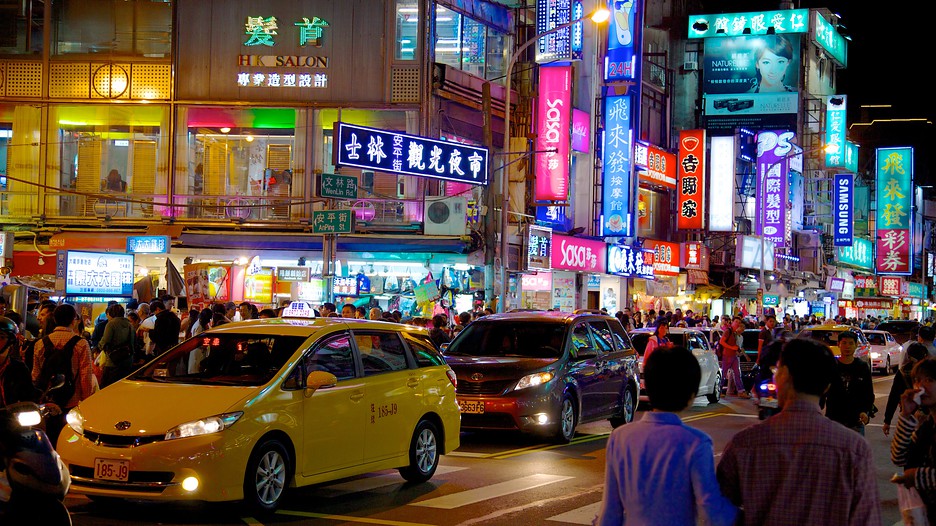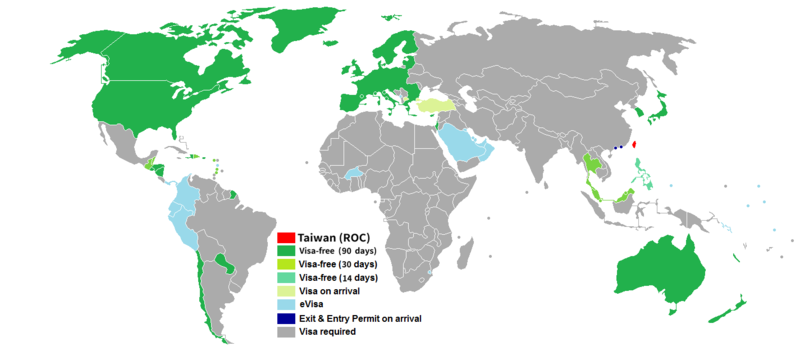Read Before You Go
Group travel should offer myriad opportunities for adventure, for fun, and for creating relationships that last a lifetime. MyTaiwanTour helps facilitate this by creating custom designed tours and itineraries that connect international travelers with the best activities and destinations that Taiwan has to offer.
We’ve assembled a brief list of travel tips for those in the planning stages of their Taiwan Journey.

Weather and Seasonal Tips
• Spring (Early March – Late May)
Weather: Spring is generally a lovely time to visit Taiwan, as temperatures tend to range between cool and warm without being too extreme in either direction. You’ll want to dress in layers up north, and in the mountains you’ll need to wear cold weather gear. Down south in Kenting, it’s always beach weather.
Seasonal highlights: Spring is a good time to go hiking in Taiwan’s high mountains (we’ve got 240+ of them that exceed 3000 meters). Cherry blossom season happens this time of year as well. Taiwan’s legendary multi-day Spring Scream music festival happens the first weekend of April on Taiwan’s southern tip. Many cyclists feel that Spring and Autumn are the two best seasons to ride around Taiwan.
If you’re coming to Taiwan to hike, hit festivals, cycle, or see the whole island, Spring is a good time to come.
Read More : Bicycling in Sun Moon Lake

• Summer: (Early June to Mid September)
Weather: Summer is hot, and typhoons (particularly in August and September) can sometimes interrupt summer travel plans especially if you’re planning to boat or fly to one of the outer islands. Shorts and t-shirts are fine except in the highest elevations, but pack a few long sleeved shirts and a pair or two of long pants for evening activities and overly air conditioned trains, malls and movie theaters! (Also, pack sunscreen.)
Seasonal Highlights: Summertime is beach season around the island, and Taiwan’s East Coast beaches are particularly lovely this time of year. If your more into tech stuff (and staying indoors) June is when Computex Taipei happens. It’s Asia’s largest IT convention, attracting industry professionals and tourists alike.
If beach activities, nightlife and urban exploration are your cup(s) of tea, summer is a great time to visit Taiwan.
Read More : The East Rift Valley

• Autumn: Mid September to Mid-December
Weather: Autumn is a great time for those looking to have a full Taiwan experience, as the weather’s cool without being too chilly and the overall dampness of winter (especially in the north) has yet to really sink in. Dress in layers, and bring rain gear. Down in Kenting, it’s still beach weather.
Seasonal Highlights: The Mid-Autumn Festival is the second biggest traditional Taiwanese festival. It usually falls in September, but occasionally in early October. You can take advantage of Taiwan’s subtropical climate to enjoy the festival in comfort. Mountain climbing is popular among locals this time of year, and tons of cyclists come to tour Taiwan in the Autumn. Autumn is also peak windsurfing season in Penghu.
If you’re looking to experience the widest variety of outdoor activities Taiwan has to offer, Autumn is your best bet.
Read More : Gorge Soaring – The Views of Eagles along Taroko Gorge’s Trails
• Winter: Mid-December to Early March
Weather: Winter is short and fairly mild in Taiwan, with low temperatures usually hovering around 8 °C (46 °F) at night punctuated by the occasional cold snap and more frequent bouts of spring-like weather. Though hardly frosty by non-subtropical island standards, the chill is made more biting by humidity and general lack of central heating (except in better hotels). Layers, a winter coat and rain jacket isn’t a bad idea. Down in Kenting, it’ll still be beach weather on some days (and hiking weather when it’s not, except on the rainiest of days).
Seasonal highlights: Winter is definitely festival season in Taiwan, with Lunar New Year festivities beginning in late January or early February and continuing for close to a month with various festivals around the island. Except for a few days around Lunar New Year itself, all museums around Taiwan are open throughout the winter, making it a great time to get your culture fix. And of course, no winter visit to Taiwan would be complete without a few visits to our amazing geothermal hot springs.
If you’re planning your trip to Taiwan mostly to experience festivals, hot springs and culture, winter is definitely the best
season to visit.
Read More : Four Taipei Hot Spring Getaways


Practicalities and other tips
Money
•Taiwan’s currency is called The New Taiwan Dollar, or NT for short.
•Bills come in denominations of NT$100, $200, $500, $1000 and NT$2000 (though the last one is pretty rare).
•Coins come in units of NT$1, $5, $10, and $50. (You may also see NT$20 coins, but these are also rare).
•The US$-NT$ exchange rate has hovered pretty close to US$1 = NT$30 for long enough for the casual traveler looking to simplify things to consider an NT$1000 note to be about USD$33 and pace their purchasing accordingly.
•Most ATM machines on the island have an English language option, but only about half accept foreign cards. Your best bet to get cash from a foreign account with your debit card is to hit any Bank of Taiwan Branch, or any branch of a non-Taiwanese bank (HSBC, etc). If you hit a machine that doesn’t take your card, you won’t be charged; just move onto the next one.
•Foreign currency can be exchanged at government-designated banks and hotels. Make sure you save your receipt. You’ll need it to exchange unused NT dollars before departure.
•Generally speaking, credit cards (Mastercard, Visa, American Express and Diners Club) are accepted at hotels, better restaurants and even most supermarkets.
Electricity and WIFI
•Taiwan uses 110V AC, and wall sockets are made for standard American two-pin flat plugs. You can buy plug converters and voltage converters in any electronics or hardware store.
•Taiwan is among the most WIFI ready places on the planet. Once you get off the plane, you should be able to log into the airport’s free WIFI system to check your messages. There are free and paid WIFI hotspots all over every city and most towns.
Water
•Most restaurants serve either filtered or boiled tap water, which is generally safe. Beverages made at Taiwan’s ubiquitous shops will be made with filtered water, as will the ice.
•Water quality in Kaohsiung tends to be worse than in other cities.
•Water fountains in Taiwan always incorporate filters, and they can be found in practically every lodge or hotel as well as (for example) larger museums and Taipei MRT stations. You can refill and reuse your bottles at these fountains as well.
•When in doubt, drink bottled water.
Read More : Eight Questions about Travel Safety in Taiwan

Visas
•All visitors to Taiwan must hold a passport valid for 6 months (except the citizens of Japan who can hold a passport valid for 3 months, and citizens of United States who are only required to hold a passport valid for the entire duration of stay). Visitors from China have special requirements.
•Though some nationalities are required to obtain visas in advance, visitors from many nations are now offered landing visas. Click here for a full list.
Reference from https://goo.gl/nXOl3o
Read the full article here.
Customize your tour in Taiwan based on your personal interests.

